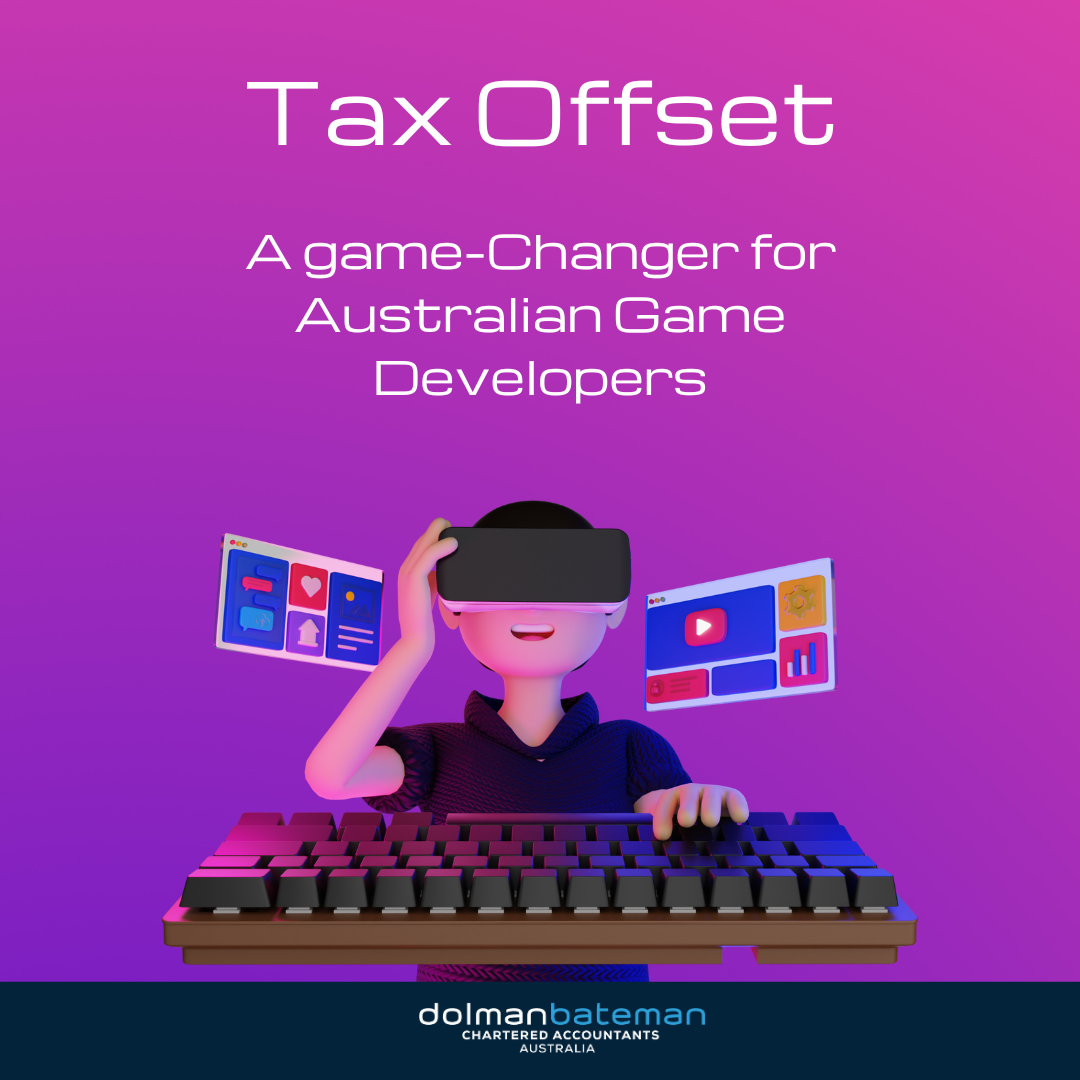Shout out to influencers and content creators! 🌟 Let's talk about something that might not be as...
Tax Offset: A Game-Changer for Australian Game Developers

Digital games have become a thriving industry worldwide, captivating players with immersive experiences and innovative storytelling. In recognition of the sector's significance, the Australian government has introduced the Digital Games Tax Offset (DGTO) to support local companies involved in game development by providing financial incentives.
Fuelling Growth in the Gaming Industry:
The recent legislation of the DGTO initiative has been hailed as a "game-changer" for the Australian gaming industry. Industry experts from Bentleys NSW and digital consultancy G23 applaud the initiative's potential to drive significant growth. With over 405 Australian-based gaming companies, the industry employs more than 3,200 highly skilled individuals and generates an impressive income of over $200 million annually. The DGTO will enable companies to recoup up to 30% of their qualifying Australian development expenditure (QADE), freeing up resources for innovation, creativity, and quality improvements.
Eligibility and Qualifying Expenditure:
To qualify for the DGTO, companies must primarily engage in developing digital games intended for commercial release and have incurred a minimum of $500,000 in QADE per completed project or income year. Eligible expenditure includes various aspects of game development, such as game design, programming, artwork, animation, audio production, and testing. Wages paid to Australian employees directly involved in game development activities and fees paid to Australian contractors or service providers involved in the project can also be claimed under this initiative.
Attracting Foreign Investment and Driving Employment:
The DGTO initiative is expected to attract foreign investment, further bolstering the growth of the Australian gaming industry, including traditional and emerging Web 3 digital games sectors. As companies receive financial support and reduced financial risks through the tax offset, they will be better equipped to expand and innovate. This will create more job opportunities for developers, designers, animators, and writers, ultimately elevating the Australian gaming industry on the global stage.
Enhancing Government Support for the Industry:
The DGTO initiative complements existing state government support, underscoring the government's commitment to nurturing the gaming industry in Australia. By offering this tax offset, the government aims to accelerate the growth of the sector and position Australia as a hub for game development and innovation. The administration of the DGTO will be overseen by the Australian Taxation Office (ATO) and the Office for the Arts, ensuring effective operation and intended benefits for the industry.
Claiming the Offset and Considerations for Connected Companies:
The DGTO is a valuable opportunity for eligible companies to receive a refundable tax offset of 30% of their QADE. To claim the DGTO, companies must fulfill specific eligibility requirements outlined by the Australian government, including Australian residency or permanent establishment and obtaining certificates from the Minister for the Arts. For companies within a consolidated group or multiple entry consolidated (MEC) group, the head company can apply for the certificates and claim the DGTO on behalf of the group, subject to the $20 million cap for connected or affiliated companies.
Revocation of Certificates and Review Process:
Certificates issued by the Minister for the Arts can be revoked under specific circumstances. If a certificate is revoked, the company must repay any DGTO amount received based on that certificate. In case of disagreement with a revocation or refusal decision, companies have the right to seek a review through the Administrative Appeals Tribunal (AAT), ensuring transparency and fair evaluation of decisions related to the DGTO.
Contact UsThis blog has been prepared for the purposes of general information and guidance only. It should not be used for specific advice or used for formulating decisions under any circumstances. If you would like specific advice about your own personal circumstances, please feel free to contact us on 02 9411 5422. We can help make sure the right method is used to give you the maximum possible tax deduction associated with any of these methods.



